
As we adapt to the rapid, widespread changes because of COVID-19, what does living in “the new normal" mean? Emerging from this pandemic will require that we take care of each other and reshape our organizations, communities, and society to serve the many. Here is a list of resources on how to create positive and inclusive organizations, have productive conversations aimed at solving our world’s most pressing issues, encourage leadership that puts people first, and build a world that works for all.
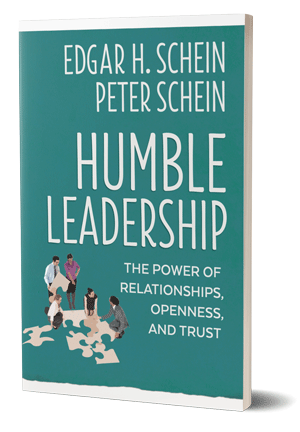
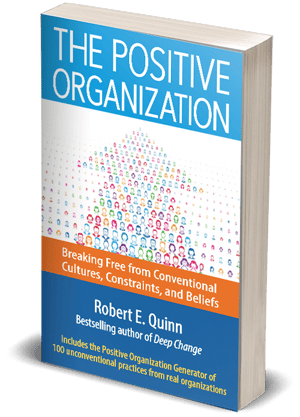
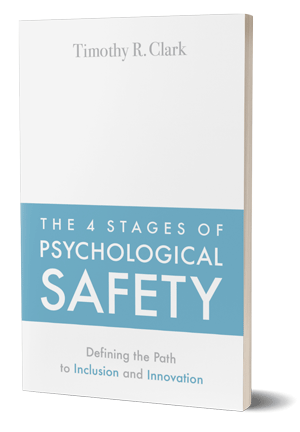
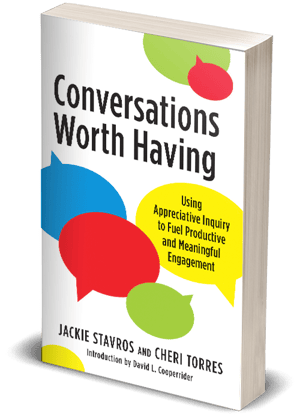
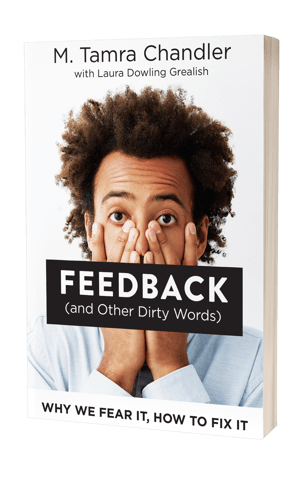
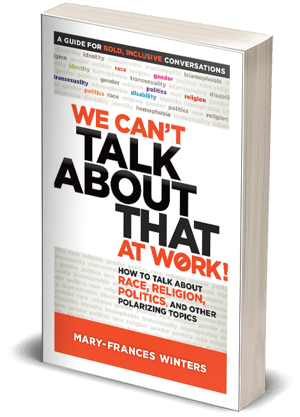
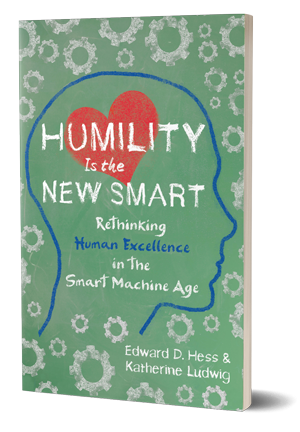
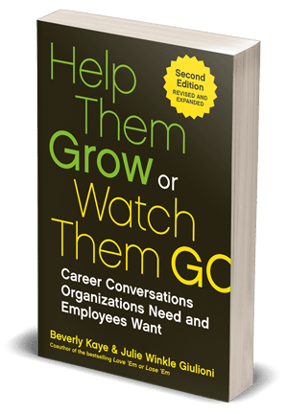
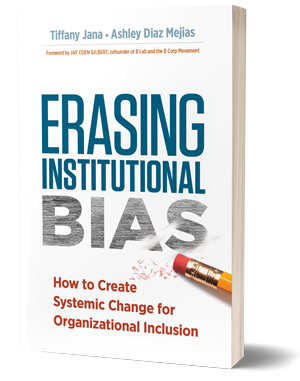
Copyright 2026. All Rights Reserved